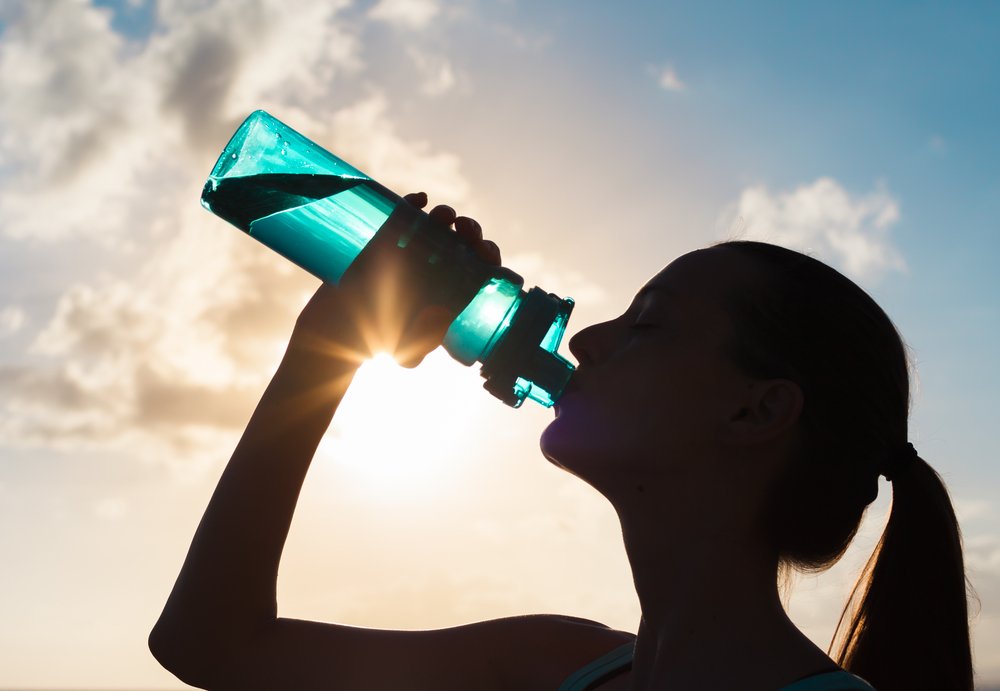
Is Vitamin Water Good for You? A Comprehensive Guide to Its Nutritional Value, Benefits, and Health Risks
Vitamin water has become increasingly popular as a go-to drink for staying hydrated, thanks to its mix of vitamins, minerals, and electrolytes. But while it may seem like a healthier alternative to sugary sodas, there’s more to this drink than meets the eye. In this article, we’ll explore the nutritional benefits of vitamin water, its potential risks, and how to incorporate it into your diet responsibly.
What is Vitamin Water?
Vitamin water is a beverage fortified with essential vitamins such as A, B, and C, and minerals like potassium, selenium, and zinc. These nutrients offer several health benefits, including immune system support and improved skin health. Many brands also add electrolytes to help replenish lost nutrients after a workout.
Nutritional Facts About Vitamin Water
Here’s a breakdown of the nutritional value of a typical serving (per 20 oz bottle) of vitamin water:
- Calories: 50
- Sugar: 13g
- Carbohydrates: 13g
- Vitamin B3 (Niacin): 20%
- Vitamin B6: 20%
- Vitamin B12: 20%
- Vitamin C: 40%
- Potassium: 60mg
- Sodium: 0mg
- Protein: 0g
- Total Fat: 0g
The Key Benefits of Vitamin Water
- Hydration and Electrolytes:
A significant benefit of vitamin water is its ability to help replenish electrolytes lost during exercise. With ingredients like potassium and magnesium, vitamin water can support hydration, making it an excellent post-workout drink. - Vitamins for Immunity and Skin Health:
The benefits of vitamin water go beyond hydration. With vitamins like B and C, it boosts immunity, promotes skin health, and helps maintain balanced energy levels throughout the day. - Low-Calorie Option:
Many types of vitamin water, like Vitamin Water Zero, are low in calories, making them a healthier choice compared to sugary sodas. Opting for low-calorie versions is an ideal way to enjoy the benefits of vitamin water without worrying about excess sugar intake.
Does Vitamin Water Contain Electrolytes?
Yes! Vitamin water contains electrolytes like potassium, magnesium, and calcium, which help maintain fluid balance and muscle function. These benefits of vitamin water make it a great option for post-workout hydration, especially after intense physical activity.
The Benefits of Vitamin Water for Hydration
Drinking vitamin water is an easy way to stay hydrated, particularly if you struggle with plain water. Packed with water-soluble vitamins, it aids in quick absorption, making it an excellent alternative for those who need an extra flavor boost in their hydration routine.
Vitamin Water vs. Soda: Which Is Better?
When comparing vitamin water benefits with soda, vitamin water is a far healthier option. While soda is often loaded with sugar, vitamin water provides essential nutrients without the empty calories. For those seeking a healthier lifestyle, replacing soda with vitamin water can be a smart decision.
Is Vitamin Water Good for Weight Loss?
While vitamin water benefits are numerous, it’s important to be cautious if you’re aiming for weight loss. Some varieties contain added sugars and calories, which can hinder weight management goals. It’s best to choose vitamin water versions with no added sugar for a healthier weight-loss alternative.
Is Vitamin Water Zero a Better Choice?
If you’re watching your calorie intake, Vitamin Water Zero offers a healthier alternative. It provides the same benefits of vitamin water but without the added calories and sugars. This makes it a great choice for those looking to stay hydrated while controlling their calorie consumption.
Conclusion:
The benefits of vitamin water are clear—it helps with hydration, provides essential vitamins, and can support post-workout recovery. However, moderation is key. Choose low-sugar versions to avoid excess calories and ensure you’re getting the nutrients you need without compromising your health.
Frequently Asked Questions (FAQ)
Can I Drink Vitamin Water After a Workout? Yes, vitamin water can be a good post-workout drink due to its electrolyte content and ability to rehydrate your body.
Are All Vitamin Waters the Same? No, different brands and flavors have varying nutritional profiles. Always check the label for sugar content and vitamins.
Is Vitamin Water Safe for Kids? Vitamin water can be a better alternative to sugary sodas, but it should be consumed in moderation, especially by children.
Does Vitamin Water Help with Diabetes? No, vitamin water contains added sugar, which can increase blood sugar levels. It’s best to avoid it if you have diabetes.
Is Vitamin Water Zero a Good Hydration Option? Vitamin Water Zero is a low-calorie alternative, but it’s still important to hydrate with water as your primary source of hydration.
